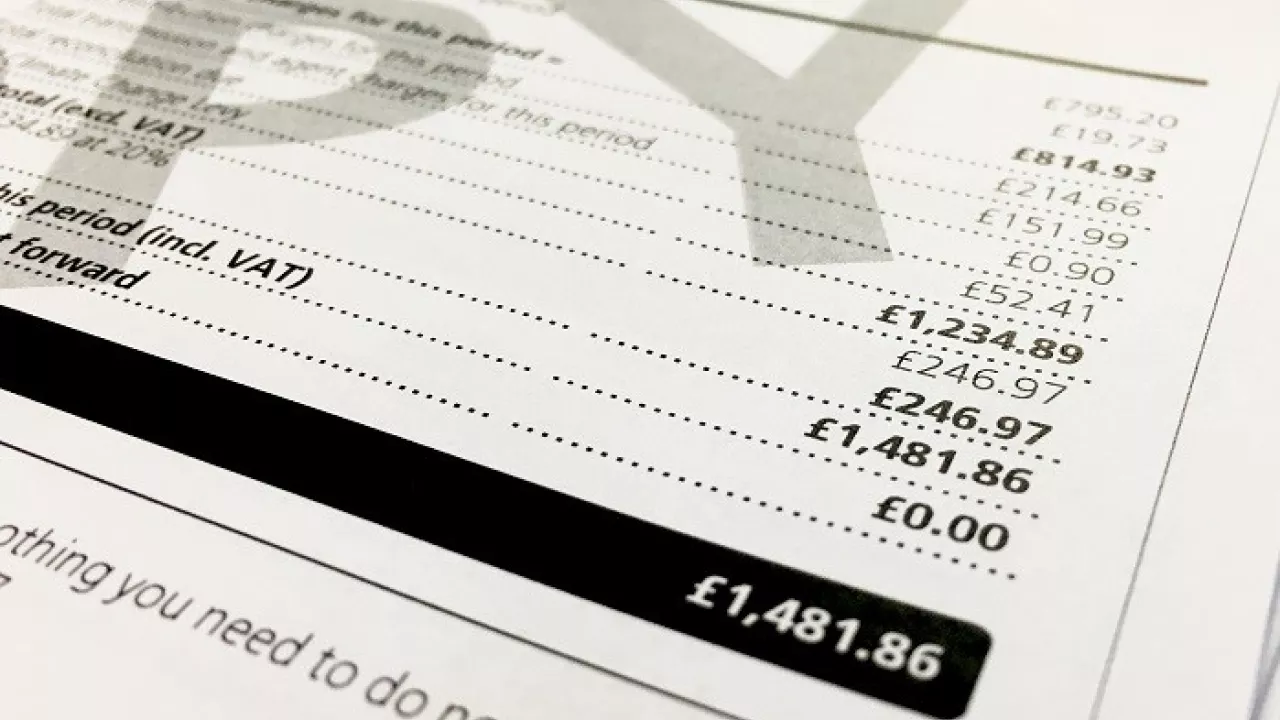Reducing Supplementary Charges
Reducing Supplementary Charges
UEL spends about £1.4 million on electricity each year. All of the charges on an electricity bill fall into two categories: 'energy' and 'non-energy' costs. On average, 'energy' charges make up 45% of UEL's electricity bill and are the charges related directly to electricity consumption, measured in kilowatt-hours.
The majority of the bill consists of 'non-energy' charges, including transmission and distribution charges, and fixed costs.
One of the fixed costs is the capacity charge. The maximum import capacity is the capacity that the national grid commits to deliver to our buildings; it places an upper limit on the total electrical demand that UEL can place on the network system. In many cases, this was set too highly so we were spending more than we needed to.
The Sustainability team worked with its Distribution Network Operators to reduce this maximum import capacity for 13 electricity accounts. By 'giving back' capacity to the national grid that UEL was not using, we have secured £40,034.73 in our first year of savings alone.
